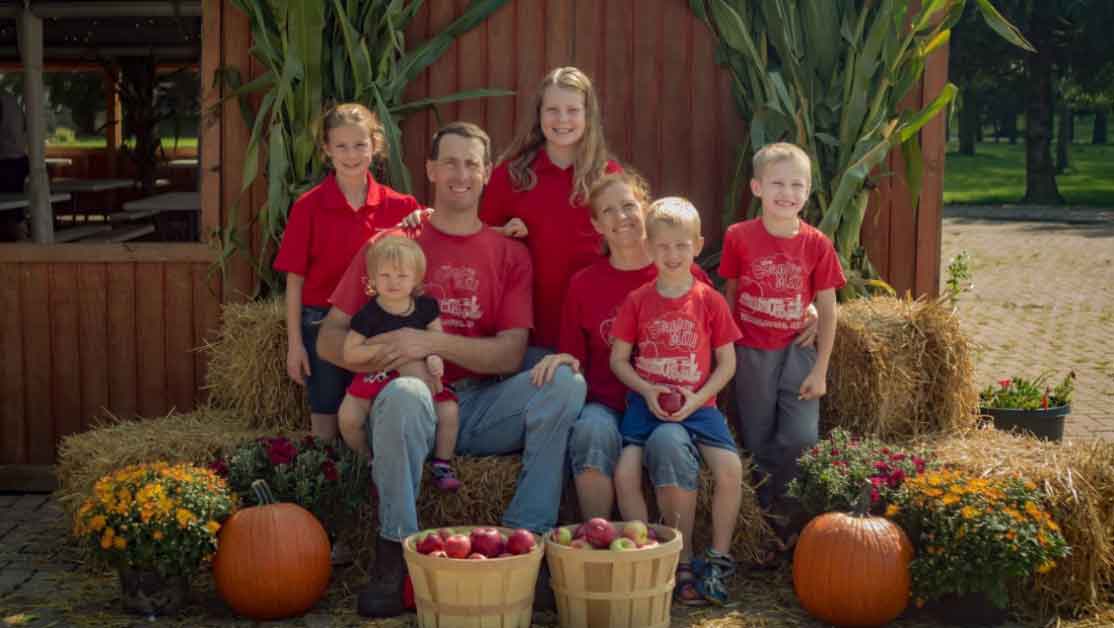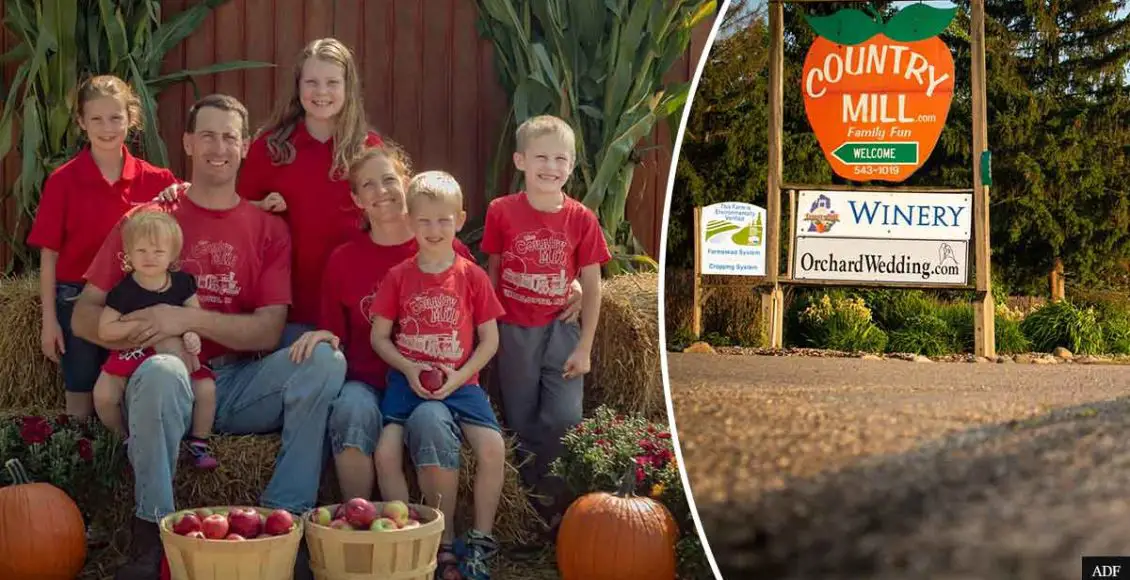Michigan family farm was banned from a city-run market after the owners refused to host same-sex wedding ceremonies.
- An East Lansing family farm was banned from the city’s market for refusing to host gay weddings.
- The farm’s owners objected to same-sex unions as they go against their Catholic beliefs.
- According to officials, the family’s decision violates the city’s anti-discrimination policy.
Stephen Tennes and his wife Bridget have been running Country Mill Farms in East Lansing for years, selling their produce at a city-run market. Aside from their farming business, the family also hosted weddings.

However, in 2016, Stephen and Bridget temporarily stopped having marriage ceremonies at their property and announced on Facebook that they refuse to hold same-sex matrimonies.
According to Fox News, the family claimed they object to same-sex unions because of their Catholic faith.
Following their controversial announcement, East Lansing banned Country Mill from its market under a new order saying all vendors must adhere to the city’s non-discrimination policy in their general operations.
“That’s something that VIOLATES our constitution,” ADF Senior Counsel said.
Alliance Defending Freedom (ADF) Senior Counsel Kate Anderson commented:
“If a city can target and punish a farmer for his religious beliefs on marriage, and do the things that they did and get away with that kind of authority over somebody’s religious beliefs… they really have the power to try to impact everybody’s religious beliefs. That’s something that violates our Constitution and should never happen.”
The 2016 Facebook post said:
“The Country Mill engages in expressing its purpose and beliefs through the operation of its business and it intentionally communicates messages that promote its owners’ beliefs and declines to communicate messages that violate those beliefs. For this reason, Country Mill reserves the right to deny a request for services that would require it to communicate, engage in, or host expression that violates the owners’ sincerely held religious beliefs and conscience.”

Court documents submitted by the family’s lawyers stated that Stephen and Bridget are “intimately involved” in the weddings they host. The farm’s trial brief says:
“Tennes exercises his Catholic religious beliefs about marriage by hosting and participating in weddings on his farm that bear witness to the truth about the sacred union of marriage. This religious conduct that flows from his religious belief is constitutionally protected.”
East Lansing argues that Country Mills’ decision not to host same-sex weddings is “in violation of the city’s anti-discrimination policy.”
Two major Supreme Court precedents – Fulton v. City of Philadelphia and Masterpiece Cakeshop v. Colorado Civil Rights Commission, were also at issue. The trial brief continues:
“Just like Catholic Social Services in the Supreme Court’s recent Fulton v. City of Philadelphia decision, Steve Tennes seeks to operate his family farm, Country Mill, consistent with the tenets of his Catholic faith but ‘does not seek to impose those beliefs on anyone else. Yet City officials in East Lansing dislike Tennes’s religious beliefs, speech, and practice. So, the City created a policy to ban Tennes—and only him—from its Farmer’s Market.”

However, the city claims that Fulton has one major difference from the case at hand – the Catholic foster agency in that case was a nonprofit with a religious mission. They state:
“[Country Mill Farms] is a privately held business enterprise that operates for profit and, as this Court has stated ‘is not a religious institution.'”
Moreover, according to East Lansing, a ruling in favor of Country Mill could “insulate any religiously motivated business practice from anti-discrimination policies.” To this statement, Stephen and Bridget’s attorneys respond:
“With this unfettered power, City officials can effectively regulate any vendor’s speech and religious beliefs by conditioning participation in the Market on speech and practice the City deems acceptable.”
Judge Paul Maloney, a George W. Bush appointee, is the authority who would rule whether the farm’s ban from the city market should continue. However, his ruling may not be the last word in the case, as it may reach appeals courts or higher.


